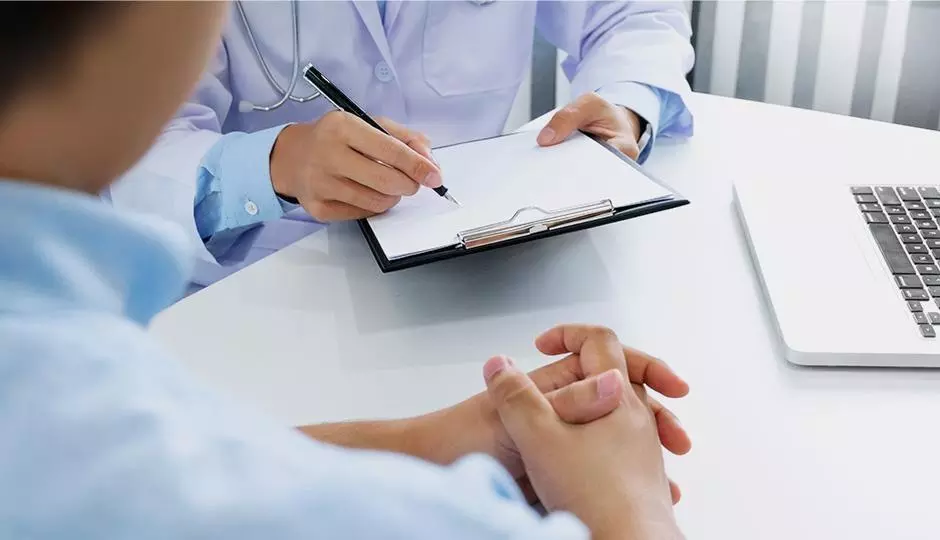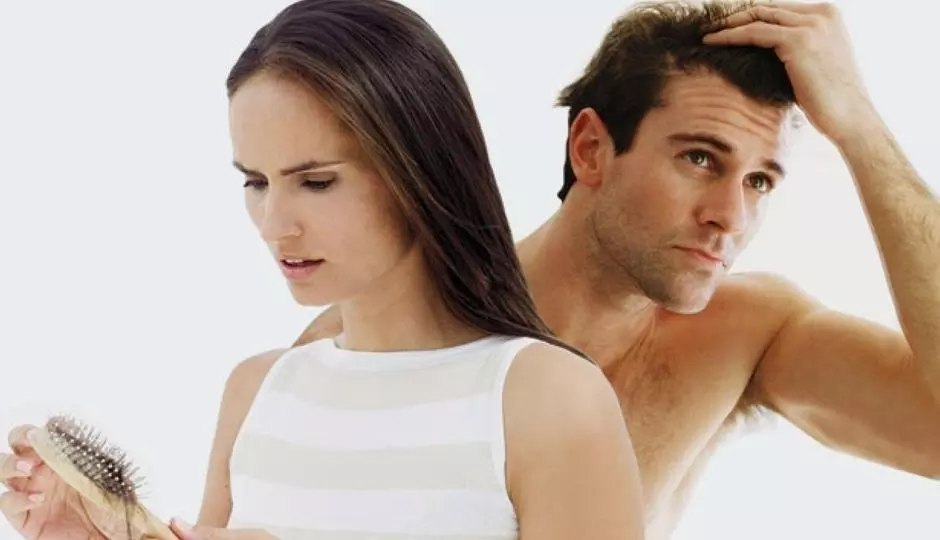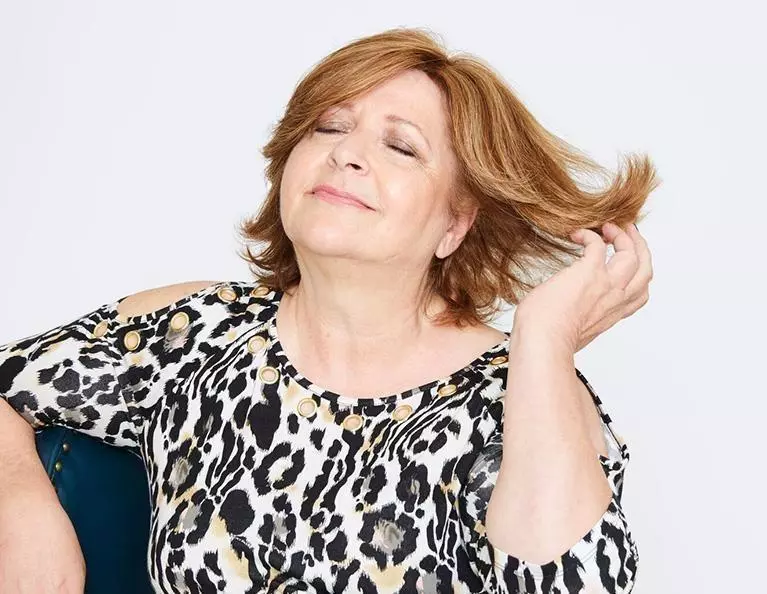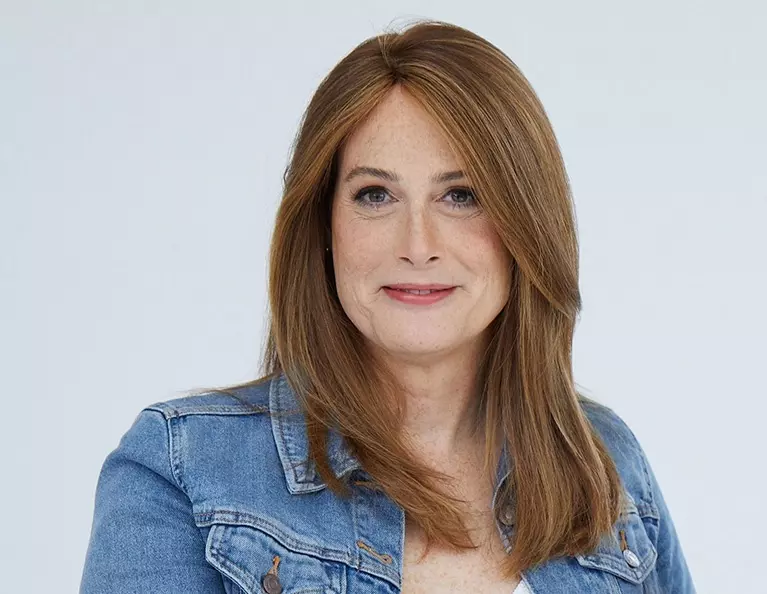Vitamin D deficiency is common for many people. This nutrient is an essential component of health. It helps to boost a person’s immune system function. It also helps to regulate bone health. Additionally, vitamin D is an important tool for maintaining healthy skin and in the creation of new hair follicles. For all of these reasons, it is important to have a good source of Vitamin D in your life and, if you do not, you could face a number of consequences, including hair loss.
How Do We Get Vitamin D?
What makes Vitamin D so commonly deficient for people in the U.S. is that it comes from the sun. You need to absorb sunlight – at the right amount and in a safe way – for the body to have enough of these nutrients. That often does not happen. It is possible to take supplements to support your Vitamin D health – and that should be considered an important investment for most people.
Generally speaking, most people need 600 IU of Vitamin D each day. If you are deficient, your doctor may recommend consuming more than this.
Do You Have a Deficiency?
To find out if you are deficient in Vitamin D, you may need to complete blood work with your doctor. You may be able to see some signs of deficiency as well. That includes hair loss. Some people develop alopecia – a condition in which areas of baldness develop. Others will see hair thinning occur throughout their head.
Vitamin D plays a role in the creation of new hair follicles. If you do not have enough in your body to supplement your health, this can lead to a limited amount of new hair growth. Alopecia is a type of autoimmune condition. The lack of Vitamin D, which supports the immune system’s function, can directly impact a person’s ability to grow hair while also increasing the risk of hair loss.
You may have a deficiency of Vitamin D if you spend a lot of time indoors and do not get outside often. You may also have it if you use a lot of sunscreen when outdoors (the right balance is important). Some people may also suffer from a Vitamin D deficiency if they have certain health conditions.
How Can You Improve These Levels to Support Hair Health?
It is important to work to increase your exposure to the sun to boost Vitamin D. In this form, it is healthiest. At the same time, you also need to minimize the risk for too much direct sun exposure, which can be dangerous to your skin. Talk to your doctor about your risks of sun damage to find the right balance. Just spending 15 minutes outside every day in the sun may be enough to provide you with the support you need.
In addition to this, consider the importance of supplementing your intake with vitamins. Most of the time, a simple multivitamin will not provide enough Vitamin D to improve deficiency (many are lower than the daily recommended dose). Instead, you may want a higher dosage. Also, the use of higher quality Vitamin D supplements can help. Seek out Vitamin D3, for example, which is easier for the body to absorb and allows you to see improvement.
If you are seriously deficient, your doctor may also prescribe supplements for you. It is important to follow your doctor’s recommendations in these cases.
Boost Food Intake of Certain Items
In addition to this, you may also improve your deficiency by eating foods that are fortified in Vitamin D. Some fatty fish – such as salmon and mackerel – is high in Vitamin D. You may also find fortified kinds of milk and orange juice that can further support your intake.
If you have hair loss that you suspect is from a Vitamin D deficiency, be sure to speak to your doctor about it. He or she can help you monitor the intake and help ensure that you do not have any underlying conditions that may worsen your hair loss. The good news is that your hair may begin to grow back quickly once you correct this type of deficiency in a healthy way. The sooner you act, the better.
Contact the hair specialists at Unique Hair Concepts to learn more.






